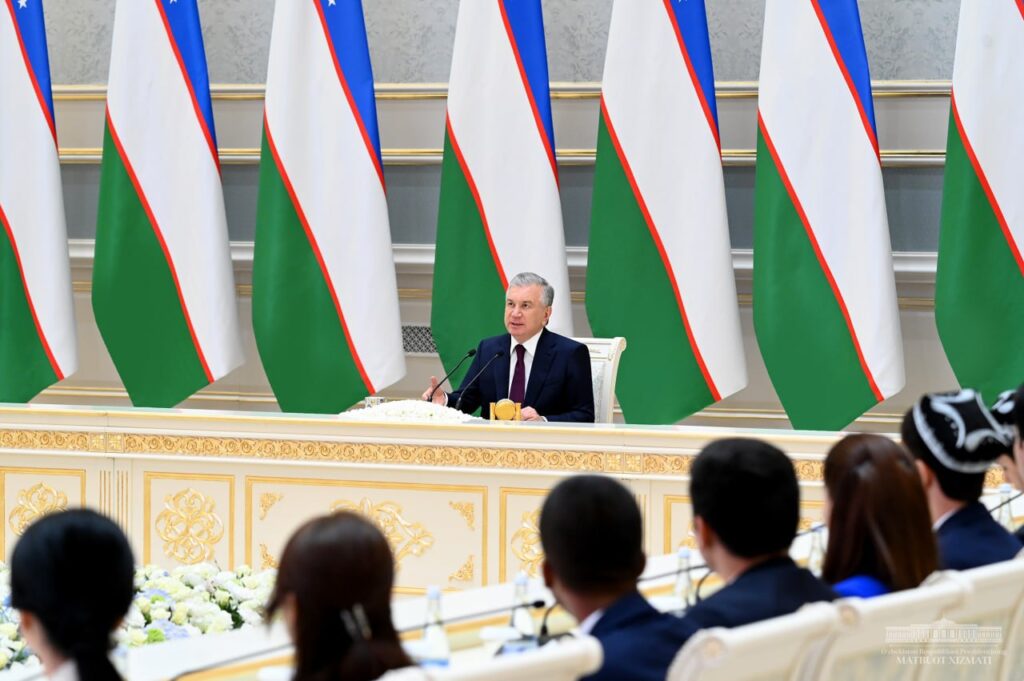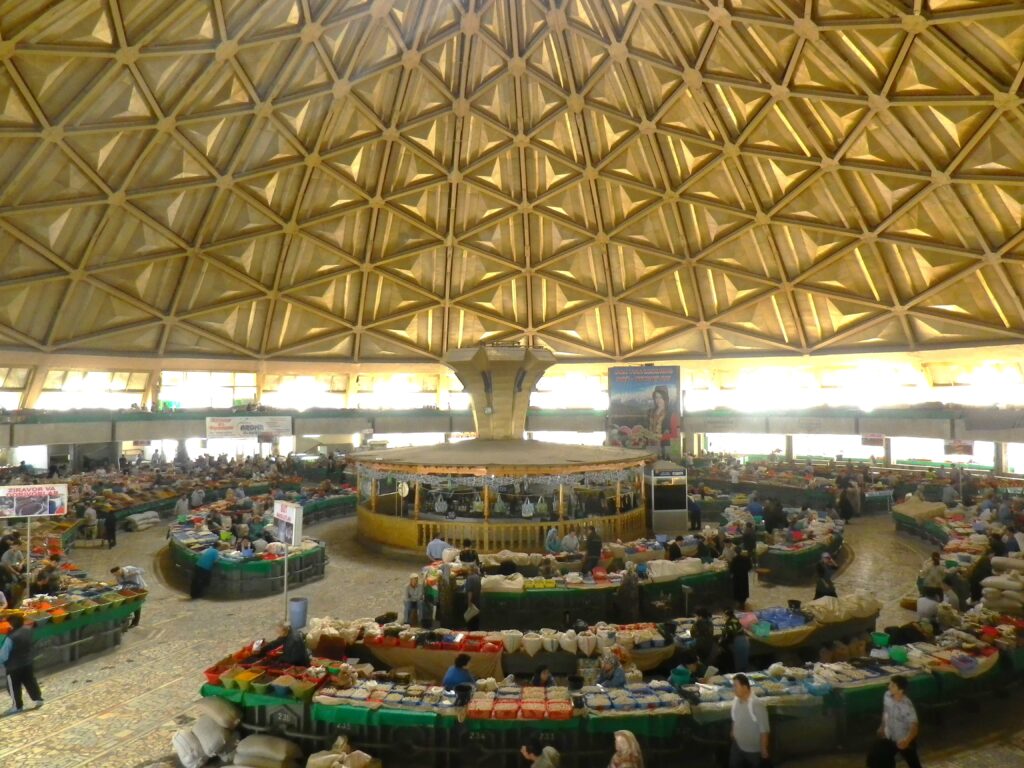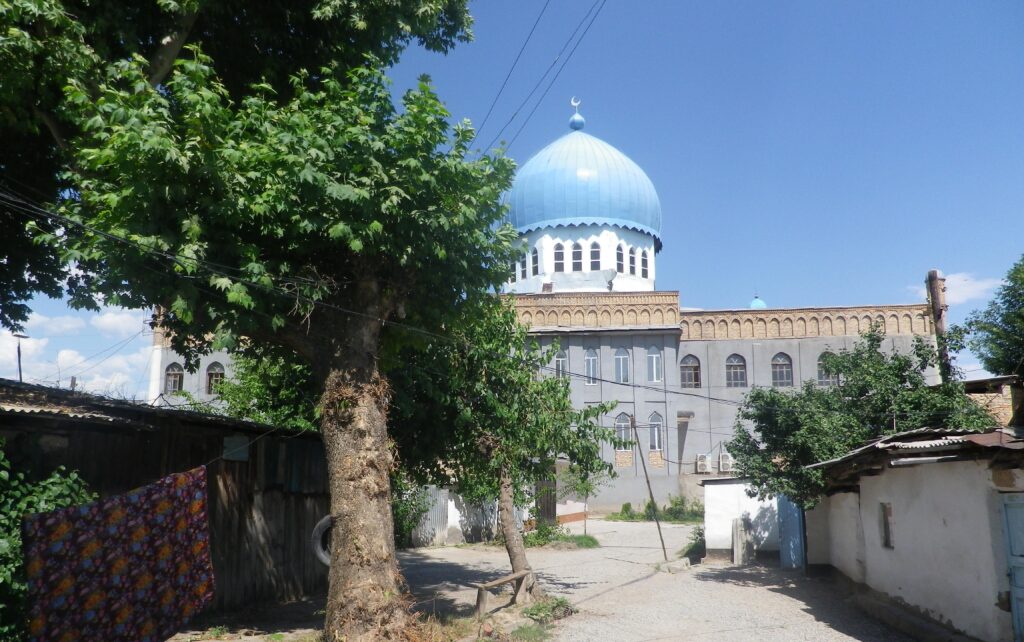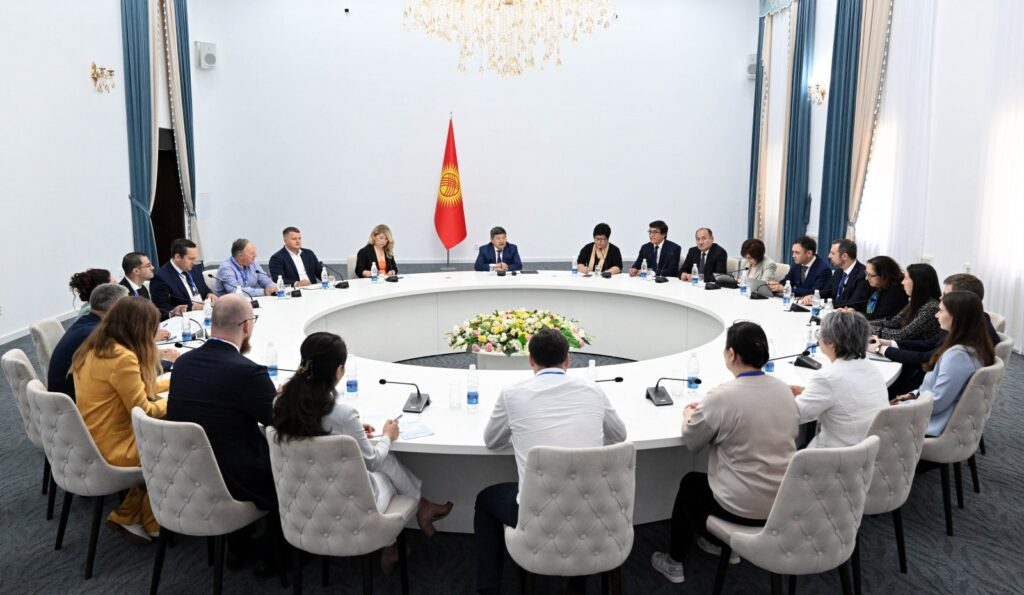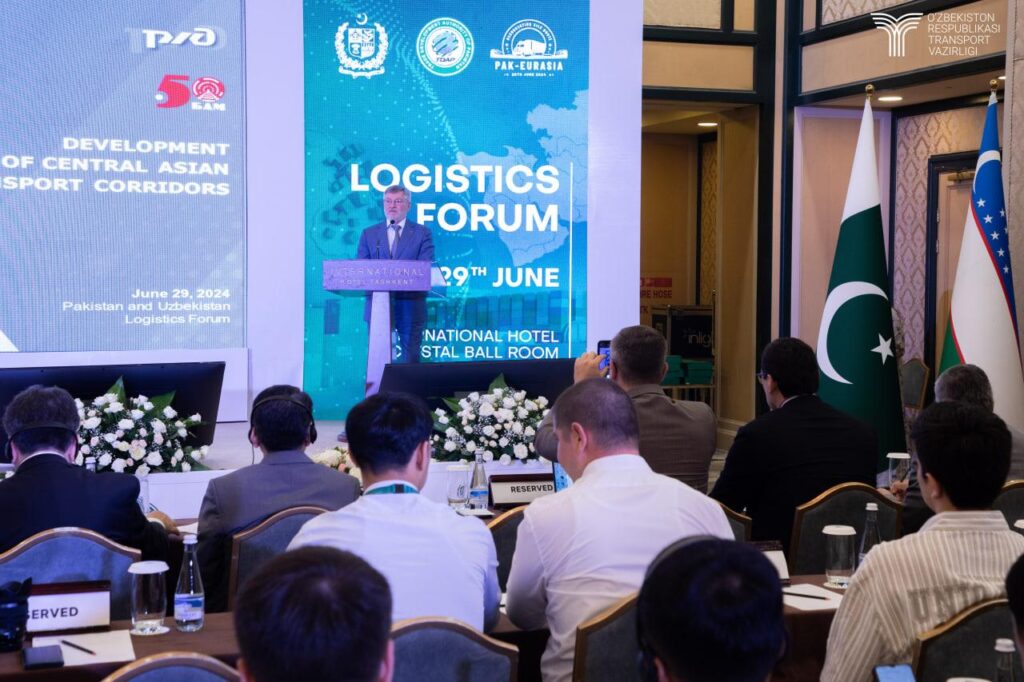Push to Increase Youth Employment in Uzbekistan.
At the meeting on June 28, Uzbekistan president Shavkat Mirziyoyev forwarded a proposal for boosting employment amongst the country’s youth.
According to a report by press secretary Sherzod Asadov, announced on Telegram, regional and district governors have been instructed to hold job fairs in schools, technical institutes, universities, and recreation parks over the summer, with the aim of placing some 150,000 young people in vacant positions.
The president stressed the importance of organizing construction squads in the summer months and recruiting 100,000 young people for monthly jobs.
He also noted that initiatives offered by businesses for vocational training and employment of young people continue to be supported.
From the 2024/2025 academic year, expenses incurred by entrepreneurs in training and employing students from schools, colleges, and technical institutes are to deducted from the tax base. Student income tax and social tax are set at 1%.
